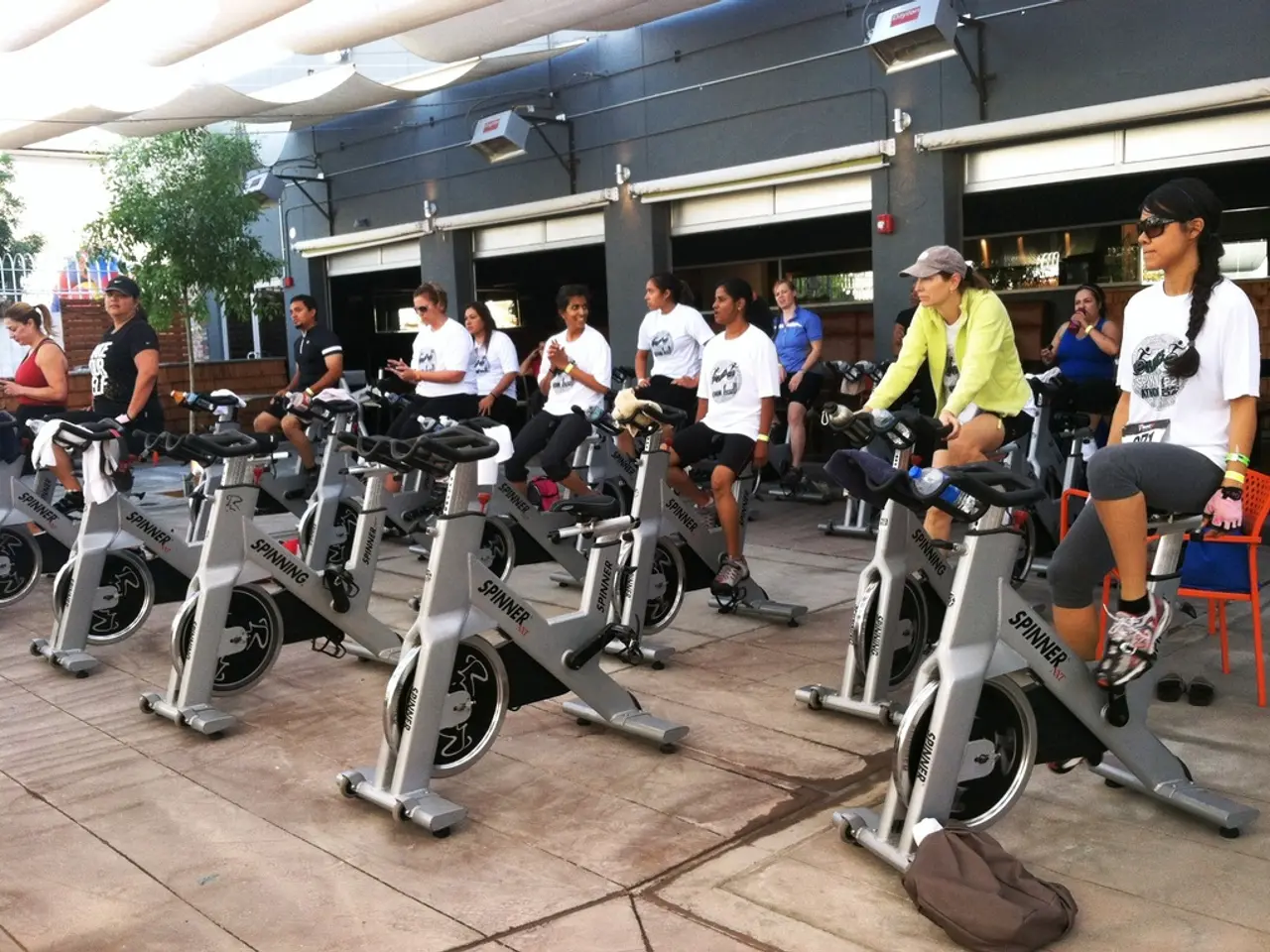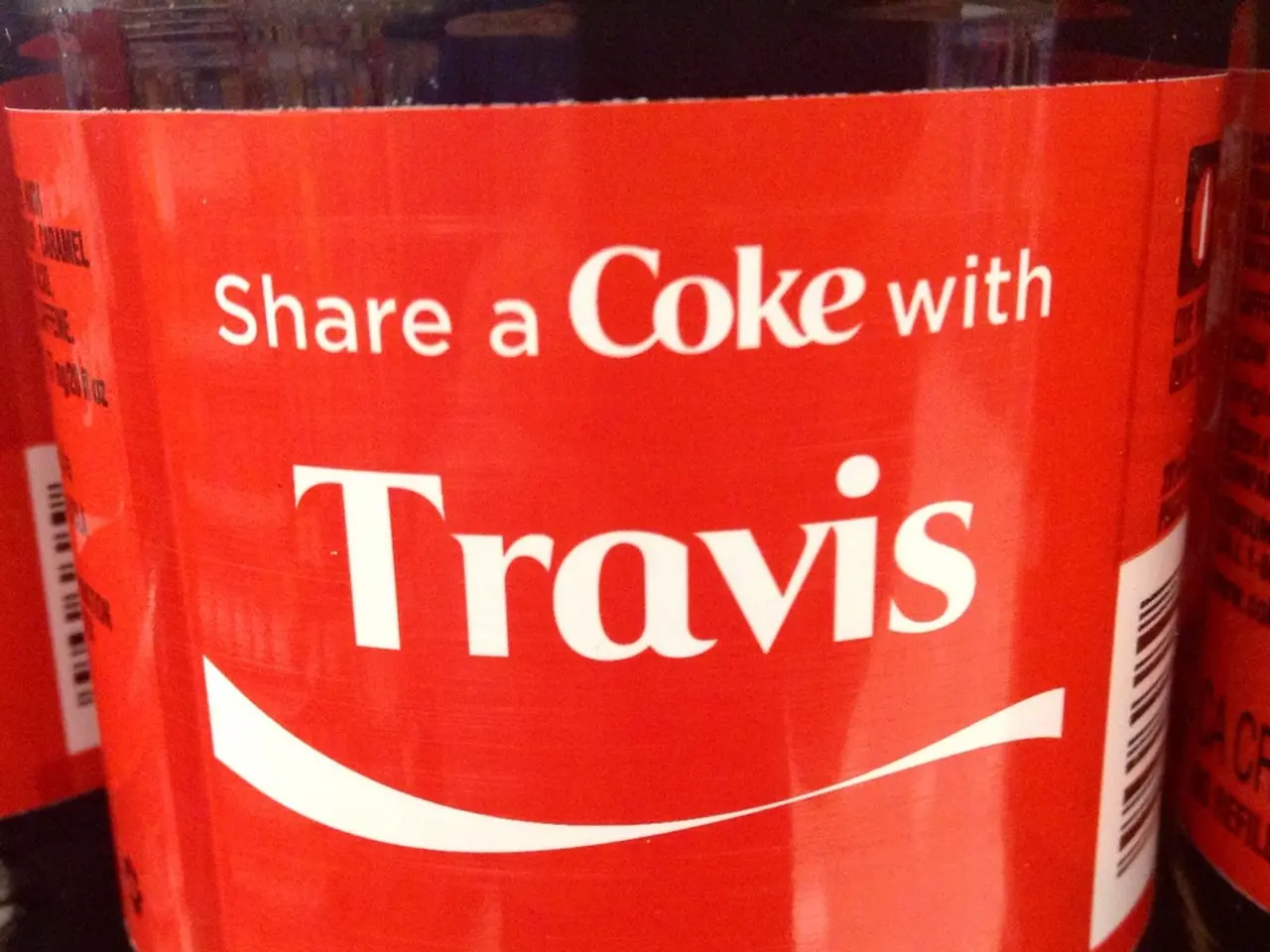Which athletic activity matches my abilities?
A recent study conducted by the University College London (UCL) has shed light on how personality traits, specifically extroversion and neuroticism, influence exercise preferences and well-being.
## Extroversion and Exercise Preferences
The research revealed that extroverted individuals tend to prefer high-intensity workouts, such as high-intensity interval training (HIIT), due to the social interaction and high-energy environments often associated with these sessions. This preference is supported by findings that suggest extroverts may perform better in high-intensity settings, with higher peak oxygen uptake and peak power output during exercise [1][2][3].
## Neuroticism and Exercise Preferences
On the other hand, individuals with high neuroticism, characterised by frequent worry, prefer short bursts of intense activity over prolonged exercise. This preference could be attributed to the stress-relieving effects of short, intense workouts, which provide a sense of accomplishment and immediate stress relief [1][3][5]. However, neuroticism is associated with poorer heart-rate recovery, indicating that sustained, intense workouts might be less enjoyable and more challenging for individuals with this trait [2][5].
## Impact on Well-being
The study found that matching exercise preferences to personality traits can enhance enjoyment and adherence, leading to better overall fitness and well-being. By engaging in exercises that align with their personality, individuals can experience greater stress relief, contributing to improved mental health and well-being [1][3][5].
Professor Flaminia Ronca, who led the study, emphasised the importance of enjoyment in behaviour change. However, the study did not compare its findings with previous research on the topic.
For those interested in determining their personality based on the Big Five model, the Wilhelm Wundt Institute for Psychology at Leipzig University offers a free and anonymous test.
The study did not provide recommendations for individuals looking to find enjoyable and beneficial physical activities based on their personality traits, nor did it discuss potential reasons why certain personality traits might influence exercise preferences. It also did not specify which specific personality traits were found to have the most significant impact on exercise preferences.
Regardless, the findings suggest that understanding how personality traits affect exercise preferences can help individuals choose workouts that are more enjoyable and sustainable, ultimately leading to better physical and mental health outcomes.
Science has shown that extroverted individuals might find interest in health-and-wellness practices that incorporate sports, such as team sports, due to the social interaction and high-energy environments often associated with these activities. On the other hand, neurotic individuals might prefer health-and-wellness practices like high-intensity interval training (HIIT) sports, as the short, intense workouts offer stress-relieving effects and a sense of accomplishment.




